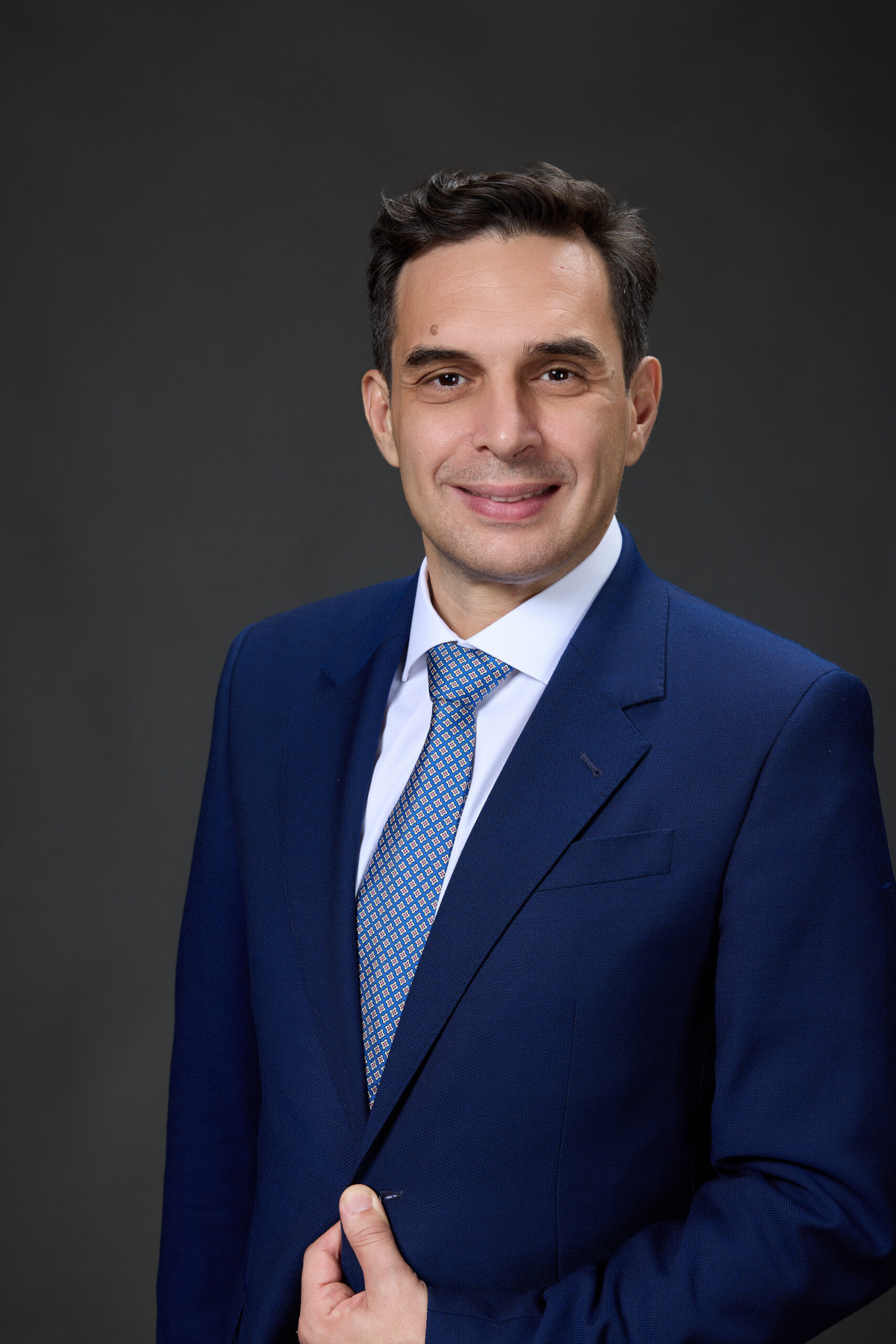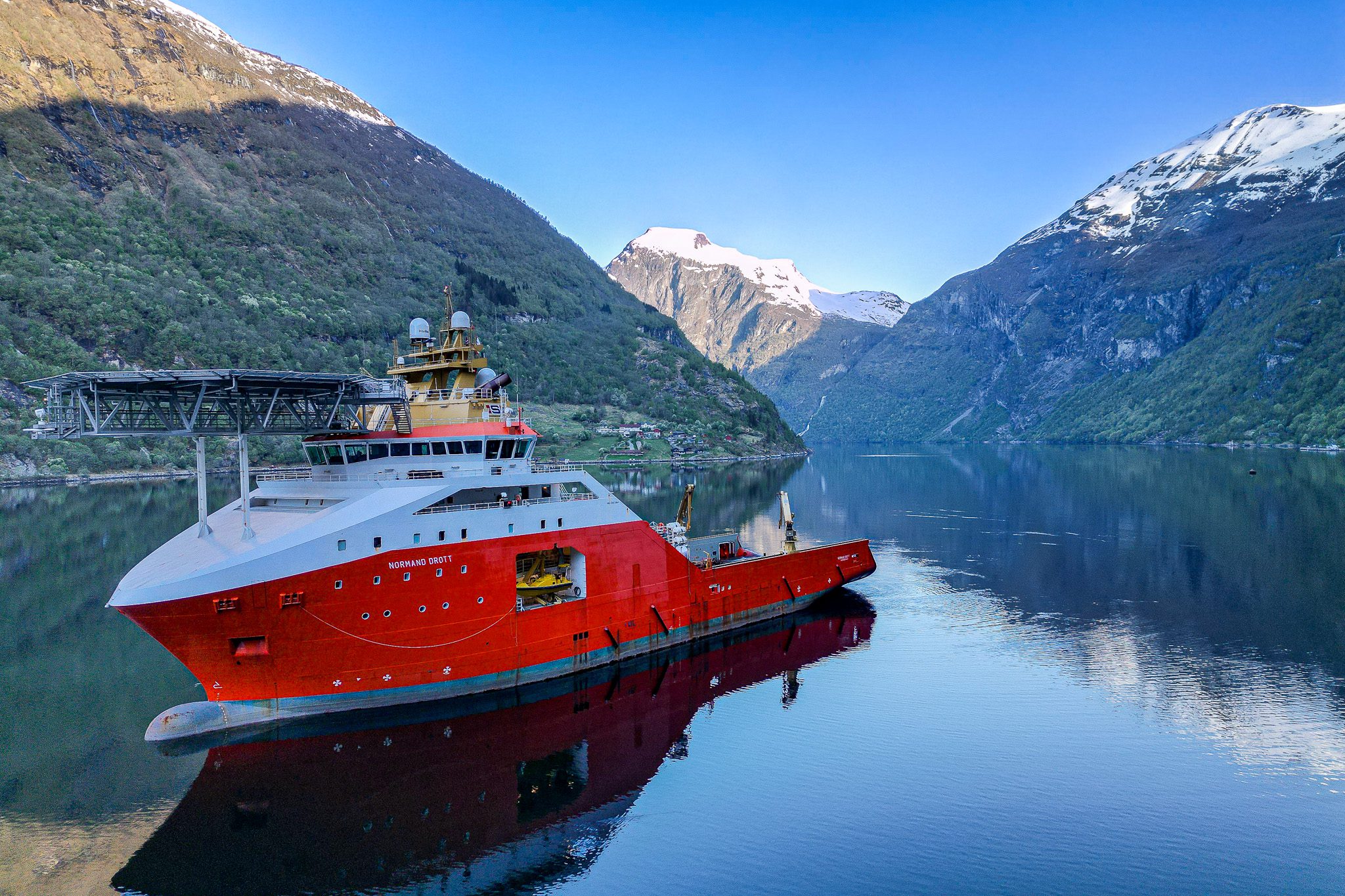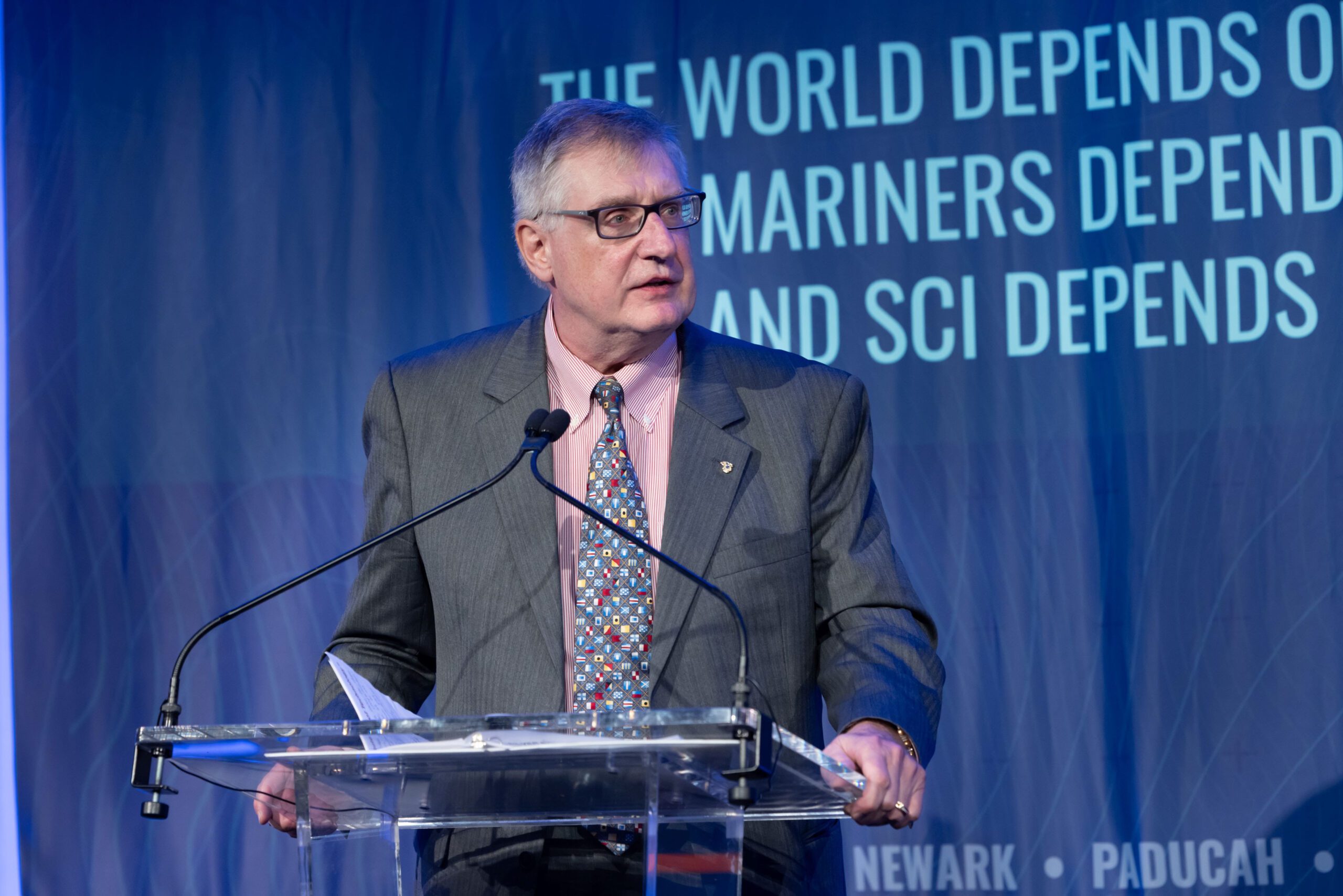Owners faced by the growing complexity of emissions regulations and marine fuel alternatives are entitled to expect practical solutions from their ship management partners, writes Ioannis Stefanou, Wallem Managing Director, Ship Management
New regulations are often accompanied by lack of clarity over the letter of the law and the learning process can sometimes be heavy-going, especially when ship owners come up against authorities with which they are unfamiliar.
There can be few examples that better demonstrate the relief ship management organisations can bring to owner pain-points than Europe’s Emissions Trading Scheme and the 2025 arrival of FuelEU Maritime.
For those focusing on specific vessel types or trades, the ‘classic’ attractions of the ship manager is that organisation’s ability draw on experience of dealing with many owners, multiple ship types and diverse trading routes. But ETS and FuelEU Maritime create additional proof points in favour of the ship management model.
As a straightforward example, it can be easier for Wallem to deal with opening ETS maritime operating holding accounts across European states for the new emissions trading scheme than it is for a given owner.
In fact, Wallem’s administrative service has worked so well for some of our principals that they have asked us to perform it for vessels that are managed in-house, and even for ships that are managed by other third-party groups.
But to prove truly valuable, ship managers need to demonstrate not only that they take problems away, but also that they are partners who add value by driving greater efficiency.
Assess, advise, act
For this reason, the Wallem ETS service has been set up to advise owners about reporting requirements and gather all the necessary data, either through our own vessel operating platform or by linking to any other platform that an owner has opted to use. This way it will become possible to mine the ETS for monetary value.
This is not to say that Wallem has all the answers in an unfolding scenario. There are plenty of ships that will be affected by the ETS which have yet to call at a European port. Negotiations with owners and charterers continue as to who will be the responsible party, and how the flow of allowances will happen when reporting starts in earnest, in 2025.
Nevertheless, after setting up a dedicated team in Cochin to examine vessels’ operating performance, we are confident Wallem can gather the right data either from our own platform or working with whatever systems owners have.
Where FuelEU Maritime is concerned, the role ship managers play in upholding the ISM Code is likely to bring even greater levels of responsibility, although here too interactions with charterers and owners will be critical.
Bimco has only recently drafted a standard time charter clause for FuelEU aimed at being workable in most scenarios and commercial relationships. It looks likely that longer period charter party agreements will bring flexibility to decide on compliance strategies which and may utilise pooling, banking or borrowing.
Focus on FuelEU
Wallem is also focusing on strategies to help clients minimise costs for FuelEU for the immediate term, for example by burning biofuels. It has conducted biofuel trials on various types of vessels and has made calculations on how much biofuel intra-European voyages need to save on costs and achieve acceptable ratings.
We now know what technical considerations and precautions need to be taken for biofuels and we continue to build our expertise for other alternative fuel requirements. Wallem now runs a substantial fleet of dual fuel LNG car carriers, and this year we have started training our staff for methanol. Next will likely come ammonia.
In the meantime, we have prepared for other responsibilities which our clients look to Wallem to fulfil. For example, we spent over a year getting ready for the introduction of the SIRE 2.0 tanker inspection regime – through trial runs, training and preparation for our crews. We set up a dedicated team for SIRE 2.0 which ensured the necessary documentation was always ready.
Wallem went as far as training our seafarers for when an inspector is onboard so as to avoid situations where the crew know their stuff but feel uncomfortable due to the inspection process itself.
The attention to detail is part of an approach which supports the complete life cycle of a ship – leveraging in-house expertise on safety, technical and commercial performance to deliver services that extend from newbuilding supervision to end-of-life recycling guidance.
For emissions management, we know that owners seek ship management partners that are in it for the long haul, and will stand alongside their planning, financing and fuelling decisions for the 15 or 20 years ahead as more stringent regulations apply.

 Join The Club
Join The Club











